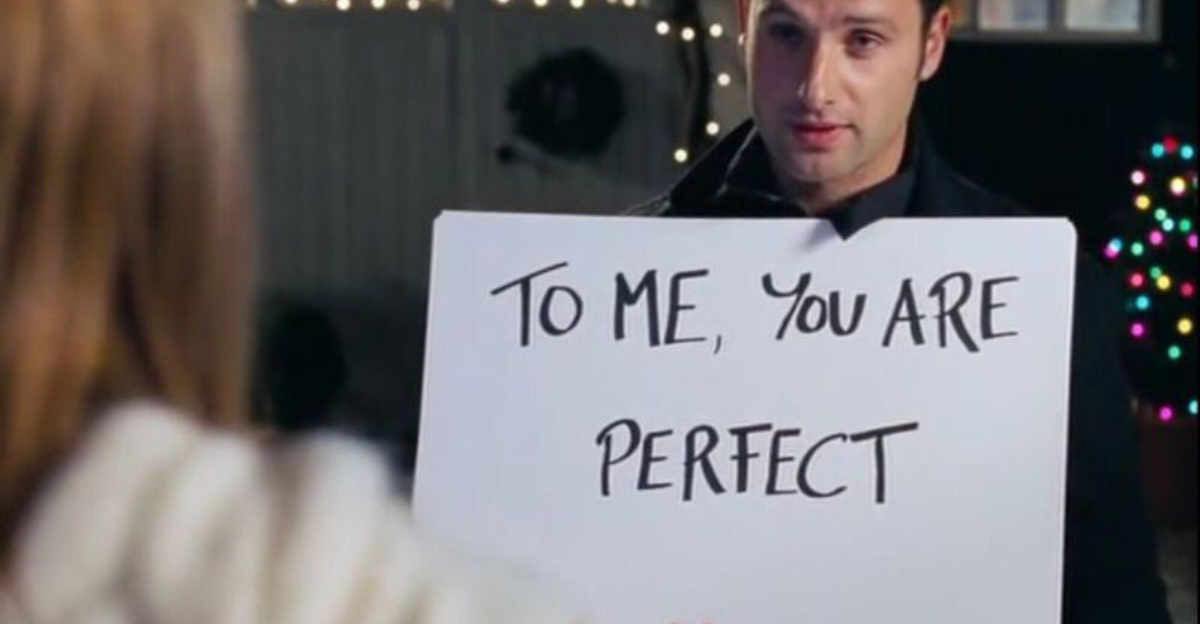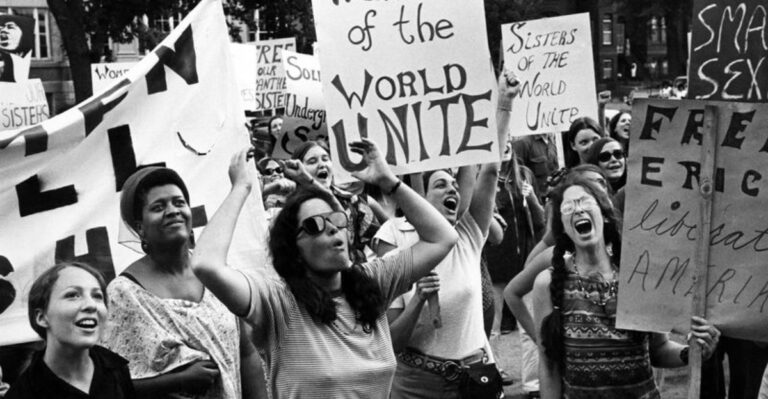15 Famous Movie Quotes About Women Everyone Gets Wrong
Movies have given us some of the most iconic quotes about women, yet they’re often misunderstood or misquoted. This post explores 15 famous movie quotes about women that everyone seems to get wrong.
Each quote is dissected for its original intent, common misinterpretations, and the cultural significance of these misunderstandings. By understanding the true essence of these quotes, we can appreciate the depth and nuance they bring to cinematic storytelling.
1. “Well-behaved women seldom make history.”
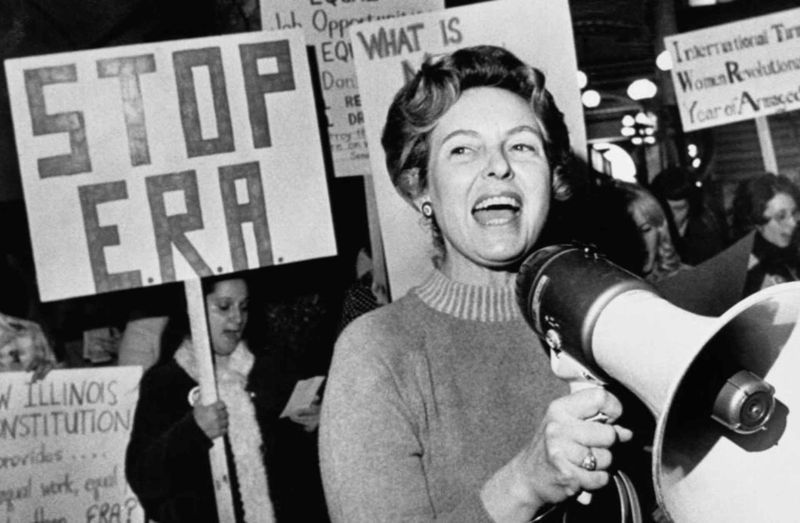
This quote is frequently misused as an excuse for creating chaos. Originally, it highlighted the courageous acts of women who defied societal norms to make meaningful change. The phrase captures the spirit of rebellion against quiet conformity and celebrates those who have achieved greatness by stepping outside traditional roles. It’s not about stirring disorder but rather about empowerment and bravery.
When taken out of context, it loses its essence, reducing it to a call for unruliness rather than a celebration of courage and strength. By reclaiming its original meaning, we honor the historical struggles and triumphs of women who have paved the way for future generations.
2. “You had me at hello.”
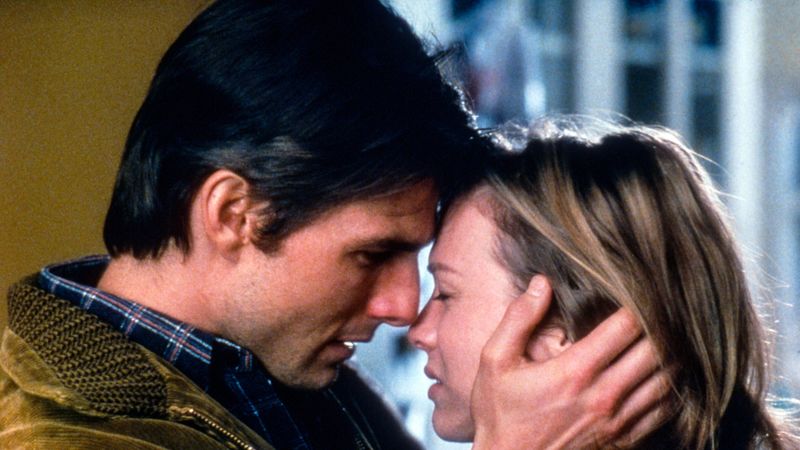
This quote is often seen as the epitome of romance, encapsulating love at first sight. However, it delves deeper into emotional surrender and vulnerability in relationships. The simplicity of the words masks the profound impact of connecting with someone on a soulful level. It’s not merely a declaration of sudden affection, but an acknowledgment of an emotional bond that transcends words.
When misinterpreted as just romantic fluff, it misses the deeper emotional connection it seeks to express. By understanding its intent, we celebrate true intimacy and the complexities of human relationships that this quote portrays so beautifully.
3. “I’m not a smart man, but I know what love is.”
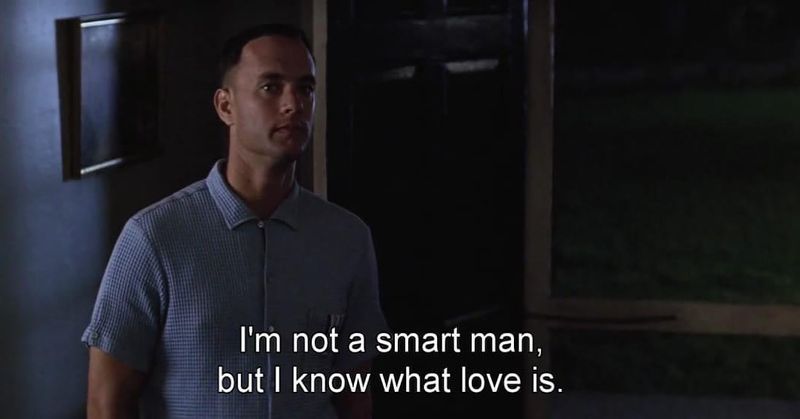
This line is often perceived as a sweet admission of love, but it transcends simplistic views of romantic affection. It speaks to an understanding of love that goes beyond intelligence or worldly knowledge, emphasizing emotional depth and sincerity. The character’s humility and sincerity highlight a profound truth: love isn’t about being smart, but about being honest and genuine.
This quote challenges the notion that love requires complexity, instead celebrating pure, heartfelt affection. It’s a reminder that true love is rooted in authenticity and emotional wisdom, rather than intellectual prowess or sophistication.
4. “Here’s looking at you, kid.”
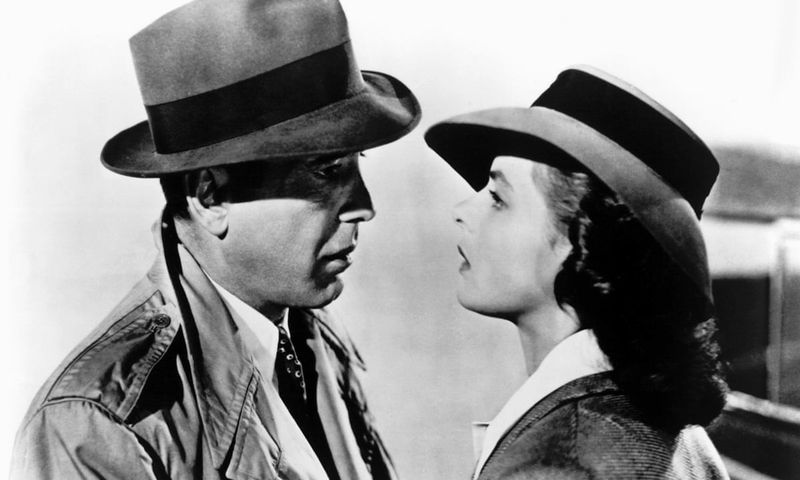
Often mistaken as a flirtatious remark, this quote is actually a gentle expression of respect and admiration. In its original context, it conveys a nuanced affection, marked by tenderness and mutual understanding. It’s about cherishing the moments spent together and acknowledging the impact one has on the other’s life, rather than a simple romantic gesture.
Misinterpreting it as mere flirtation overlooks the depth of emotion and history between the characters. By appreciating its true meaning, we uncover layers of human connection that go beyond surface-level interactions, celebrating enduring respect and affection.
5. “She’s got a great personality.”

This phrase is often used sarcastically, diminishing its original sincerity. Initially, it was a genuine compliment, appreciating the warmth and charm of an individual beyond physical appearance. The societal shift towards valuing superficial traits has turned this expression into a backhanded remark. Yet, its true essence celebrates the richness of character and the importance of inner beauty.
By reclaiming its original intent, we highlight the value of authenticity and the significance of meaningful connections. This quote serves as a reminder that true beauty is multifaceted, encompassing the personality that leaves a lasting impression.
6. “I’m just a girl, standing in front of a boy…”
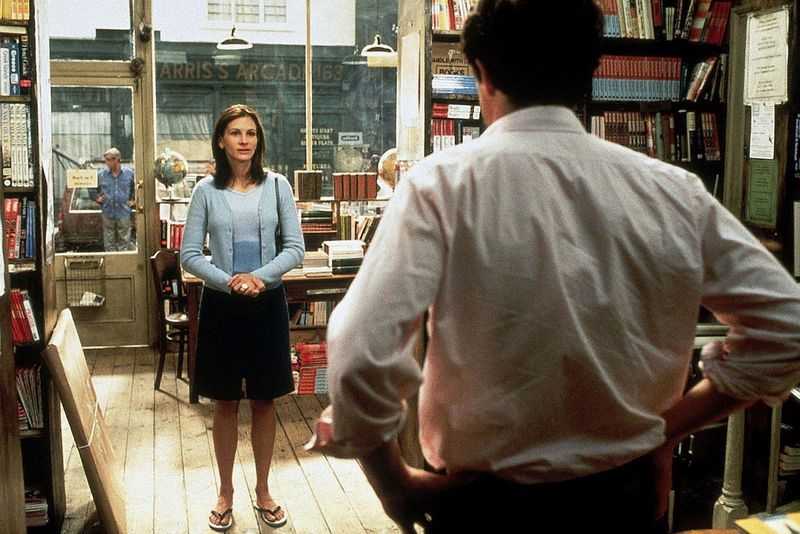
This line is often romanticized, but it speaks more to vulnerability than romance. It captures a moment of raw emotion, where the character lays bare her feelings, seeking acceptance and understanding. It’s not just about love, but the courage it takes to open up to someone.
The simplicity of the words belies the emotional depth they convey, highlighting the universal human experience of longing and the fear of rejection. Misreading it as purely romantic overlooks the bravery in vulnerability. Embracing this quote helps us appreciate the strength in showing one’s true emotions and the hope of being embraced for who we are.
7. “As God is my witness, I’ll never be hungry again.”
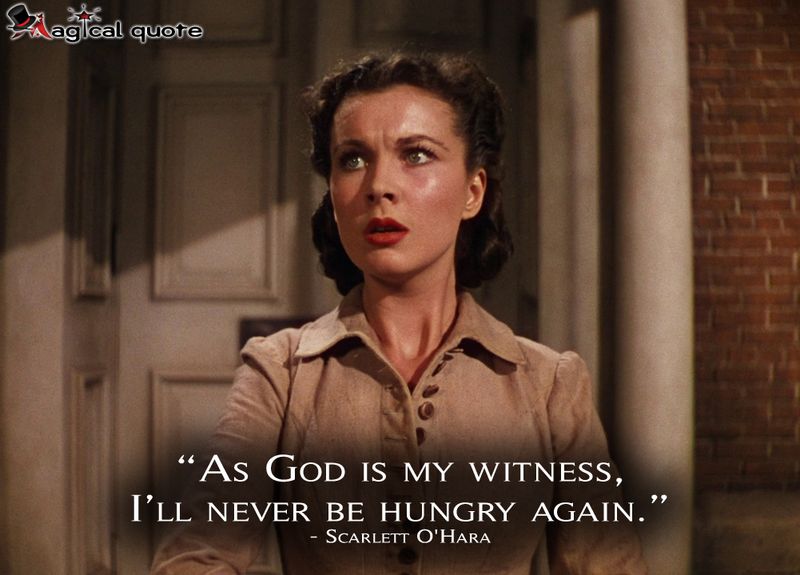
This quote is often mocked for its dramatic delivery, yet it’s grounded in survival and resilience. It reflects a vow to overcome adversity and the relentless pursuit of a better future. The character’s determination underscores a universal human struggle against hardship, driving home the power of perseverance.
By dismissing it as mere melodrama, we overlook the profound message of hope and the fight for a dignified life. Recognizing its true intent, we honor the spirit of resilience and the unyielding resolve that defines the human condition, transcending the confines of time and circumstance.
8. “Frankly, my dear, I don’t give a damn.”
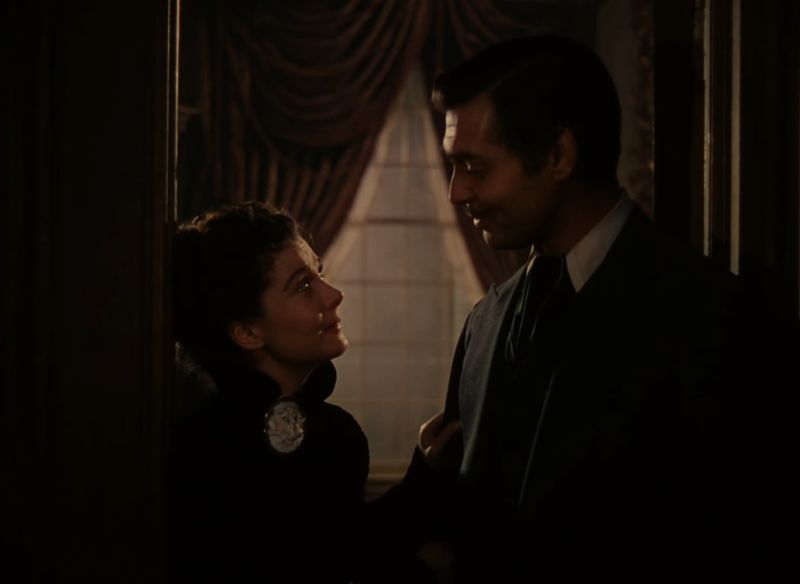
This line is often associated with cruelty, but it signifies the end of emotional manipulation. It reflects a character’s liberation from a toxic relationship, choosing personal peace over tumultuous attachment. Instead of being about heartlessness, it’s about reclaiming one’s life and moving forward. It challenges the notion of clinging to destructive bonds, advocating for self-worth and autonomy.
Misinterpreting it as coldness misses its empowering message. By recognizing the strength in letting go, we appreciate the importance of healthy boundaries and the courage to prioritize oneself, even when it means walking away from what no longer serves us.
9. “Why are you trying so hard to fit in when you were born to stand out?”
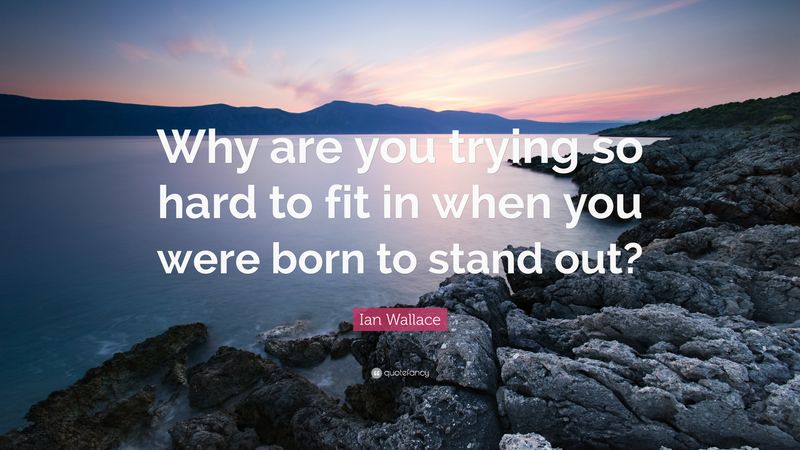
This quote is more than a fashion statement; it’s a call for empowerment and embracing uniqueness. It challenges societal norms that confine individuals to conformity, encouraging authentic self-expression. The character’s motivational words inspire others to celebrate their differences and reject the pressure to blend in.
Often, this quote is trivialized as a simple encouragement, but it carries a profound message about self-acceptance and the courage to stand out. By valuing its true intent, we acknowledge the beauty in individuality and the transformative power of embracing who we are meant to be, independent of external expectations.
10. “That’s my secret, I’m always angry.”

Though said by a man, this quote is often misapplied to women, defending mood swings as hidden strength. It reveals the character’s acceptance of their inherent nature, using it as a source of power. Instead of justifying volatility, it highlights the balance between emotion and control, showcasing strength in self-awareness.
Misusing it in gendered contexts loses its essence, which is about channeling inner force positively. By understanding its original context, it promotes a message of self-acceptance and empowerment, encouraging individuals to harness their emotions constructively rather than being defined by them.
11. “To me, you are perfect.”
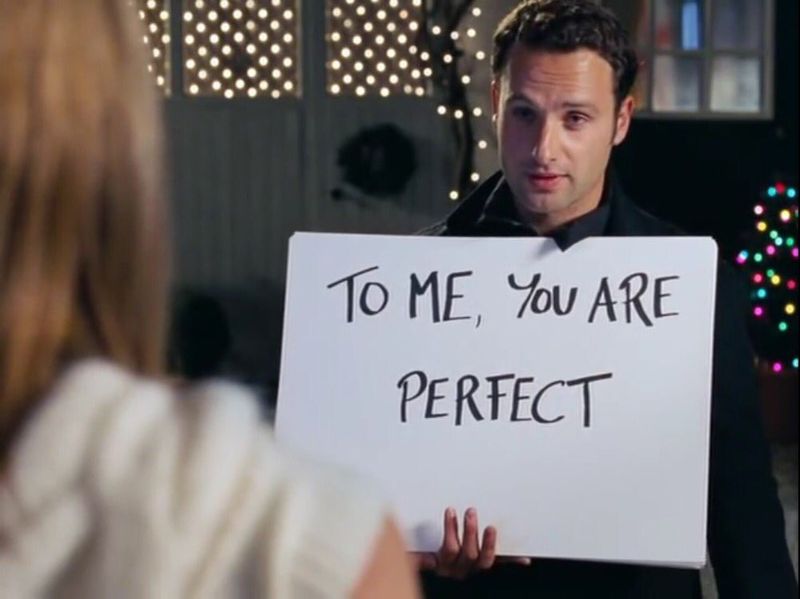
This quote is frequently deemed romantic, yet it borders on unrealistic idealization. It expresses admiration, but also sets an unattainable standard that can overshadow the complexities of real relationships. The sentiment, while flattering, can pressure individuals to conform to an ideal rather than be appreciated for their genuine selves.
Misinterpreting it as pure romance overlooks the potential pitfalls of idealizing others, which can lead to disappointment. Acknowledging its dual nature allows us to appreciate the expression of love, while also recognizing the importance of accepting imperfections as part of the human experience.
12. “She doesn’t even go here!”
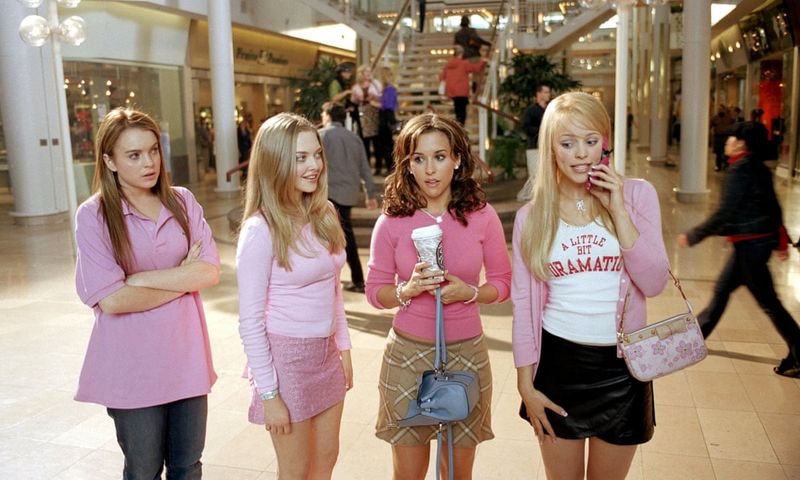
Often used to exclude, this quote actually highlights the projection of personal insecurities onto others. It’s less about the outsider and more about the dynamics within the group. Originally, it served as a comedic relief while underscoring the absurdity of social hierarchies.
Misusing it to alienate others misses its commentary on the shallow nature of cliques and the desire for belonging. By appreciating its humor and underlying truth, we challenge exclusionary practices and emphasize the importance of inclusivity and understanding within social interactions, shedding light on the ways we connect with others.
13. “I’m not a regular mom, I’m a cool mom.”
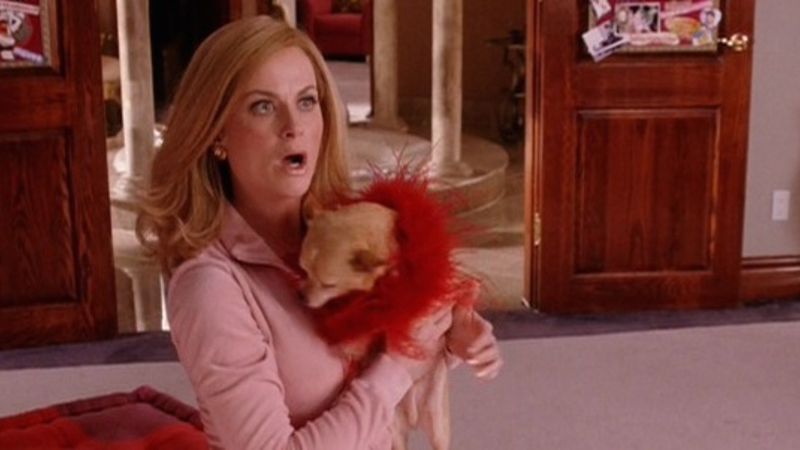
This quote is often repeated ironically, revealing underlying insecurities about fitting in. It reflects a parental desire to connect with children while navigating the challenges of maintaining authority and relatability. The humor comes from the attempt to be both authoritative and approachable, often leading to comedic outcomes.
Misunderstanding it as purely comedic overlooks the genuine effort parents make to bridge generational gaps. By recognizing its true intent, we celebrate the awkward yet endearing attempts to connect, understanding the balance parents strive for in being supportive and understanding figures in their children’s lives.
14. “You is kind. You is smart. You is important.”
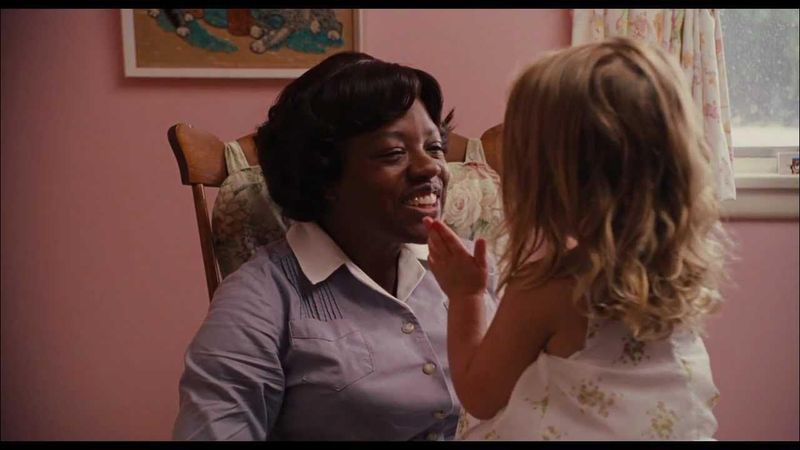
This line is often misquoted and flattened, but its depth lies in its affirming nature. It celebrates the impact of positive reinforcement and the power of acknowledging personal value. The simplicity of the words emphasizes the profound effect of validation, encouraging self-belief and confidence. Misunderstanding it as mere flattery ignores the transformative power of affirmations, especially in overcoming self-doubt.
By embracing its full meaning, we honor the significance of building others up through genuine acknowledgment of their worth, fostering a sense of empowerment and belonging that transcends barriers and nurtures growth.

